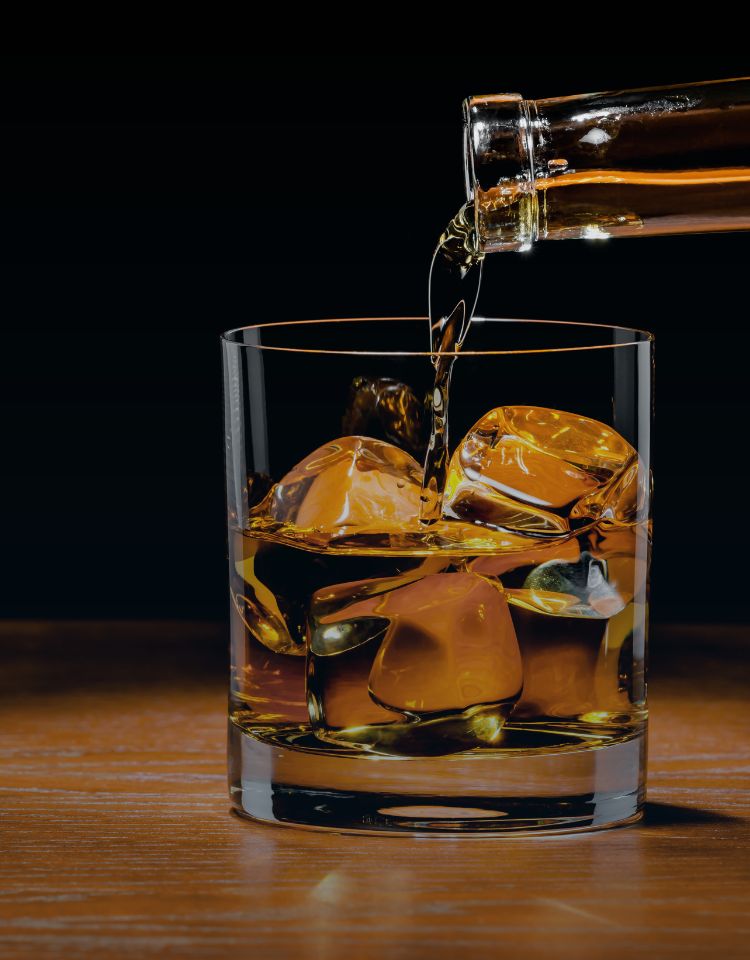Written By: Patrick Brown and Savannah Snyder, Summer Student
As we are in the heat of summer, many restaurants and bars have opened their patios and are encouraging happy hour and drink specials. When you go out to a bar or restaurant for a drink, you’re putting your safety in the hands of the staff. Commercial hosts, such as restaurants and bars, owe a duty of care to patrons it overserved. This means making sure that someone who has been drinking gets home safely, without putting others at risk.
In Ontario, these commercial hosts who serve alcohol to their patrons are required to comply with the Liquor License and Control Act (the “Act”). The Act imposes civil liability on commercial hosts who serve alcohol to patrons where the consumption of liquor would apparently intoxicate the person or increase the person’s intoxication so that the person would be in danger of causing injury to themselves or injury or damage to another person or the property of another person. Staff members handling alcohol must be certified by Smart Serve Ontario.
Simply put, a commercial host can be sued if you suffer injuries because of an over-served individual. Not only do commercial hosts have an obligation to patrons, but also to third parties. Commercial hosts have an obligation to take positive steps to protect third parties from intoxicated patrons who decide to drive. It is important for commercial hosts to have protocols in place to ensure that all reasonable precautions are taken to prevent patrons who subsequently drive after becoming intoxicated.
There are a number of steps commercial hosts can take to ensure the safety of their patrons and third parties. The British Columbia Supreme Court in Garisto v Goudie, 2021 BCSC 1257 restated a list of common sense practices that can act as a general guideline for bars and restaurants to follow:
- Ensure there are adequate supervision, monitoring and training systems in place so employees know and abide by responsible serving practices;
- Ensure there is a sufficient number of serving staff on duty so that effective monitoring of alcohol consumption by patrons is possible;
- Ensure employees know the signs of intoxication and the various factors that influence intoxication (gender, weight, rate of consumption, food, et cetera);
- Inquire if the patron is driving and identify any “designated driver” for groups of patrons;
- Know how to estimate blood-alcohol concentrations and ensure any driver does not consume more than the appropriate number of drinks to stay on the “right side” of the legal limit;
- Display “tent cards” on tables, posters on walls and washrooms, and menu inserts with easy-to-read charts and information about blood-alcohol concentration;
- Ask apparently intoxicated patrons if you can contact anyone to assist them or if you can get them a taxi and, if necessary, offer to pay for it;
- Display posters advertising free ride-home services available in the neighborhood; and
- If the patron rejects alternative options and insists on driving, despite being urged otherwise, contact the police to seek assistance and/or provide whatever information might encourage their intervention.
If you or someone you know has been injured by a drunk driver, contact the team of personal injury lawyers at McLeish Orlando for a free consultation.





